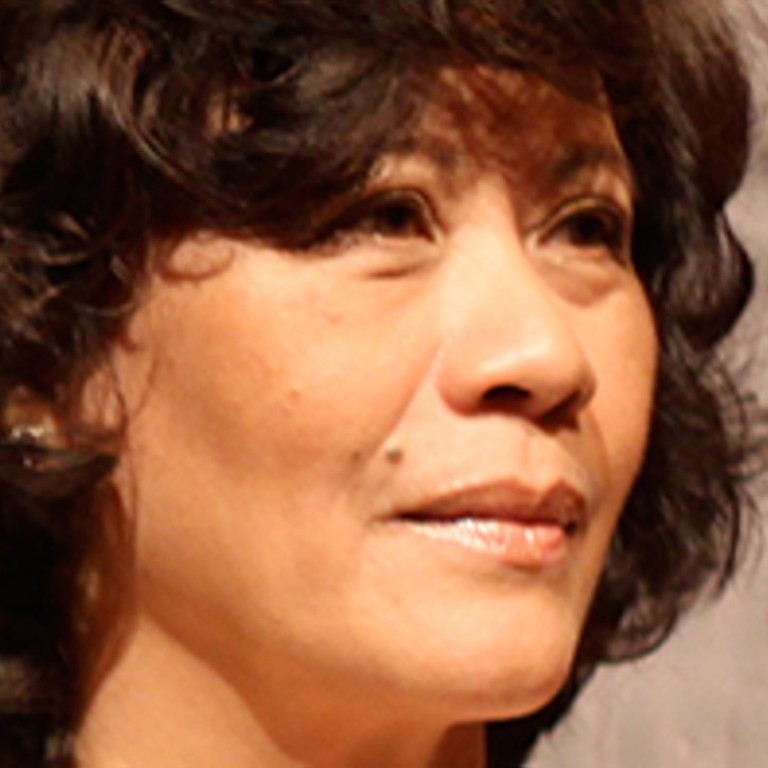
China-SE Asia’s cultural ties are as binding as economic ones
Building infrastructure, as in the Belt and Road Initiative, only goes so far in bringing the region together. But strengthening cultural ties can be a way of investing in integration, too, says a former UN under-secretary-general
Cultural exchange is just as important to ties between China and Southeast Asia as economic links and investments in technology and science, according to former United Nations under-secretary-general Noeleen Heyzer.
“Building the infrastructure, economic corridors and so on won’t have the spirit of humanity if we only have the hardware of roads and rails. What is actually the pulse of the bloodline that will keep this whole thing going and sustainable is actually the cultural exchanges, people to people,” she said.
“It means we must share science and tech but also literature, art, and music, world views, and understanding each other’s religious beliefs, with respect to understanding and tolerance.”
[Sharing culture] is what led to the richness and legacy of Asian civilisation
This philosophy, she said, was not new to Malaysia as one of China’s key trading partners in the region.
When the maritime Silk Route was in use by Admiral Zheng He, China used this route not just for trade or diplomacy, but also to contribute to a deepening of culture.
“This was what led to the richness and legacy of Asian civilisation,” she said.
Edward Tse, the founder of Gao Feng Advisory management consultancy, said China and other Asian nations were culturally fundamentally different from the West.
“These very different starting points on cultural aspects are manifesting themselves in political actions by the leaders of these two countries,” he told the Post’s conference, its first event outside Hong Kong.
Moderated by the Post’s editorial adviser, Wang Xiangwei, the panel discussed the impact of globalisation on cultural exchange, and how despite technological connectivity many states were “drifting apart”.
The two-day conference included talks from industry experts, a live video-call with Alibaba founder Jack Ma, and addresses from two Malaysian cabinet ministers. Alibaba owns the Post.

